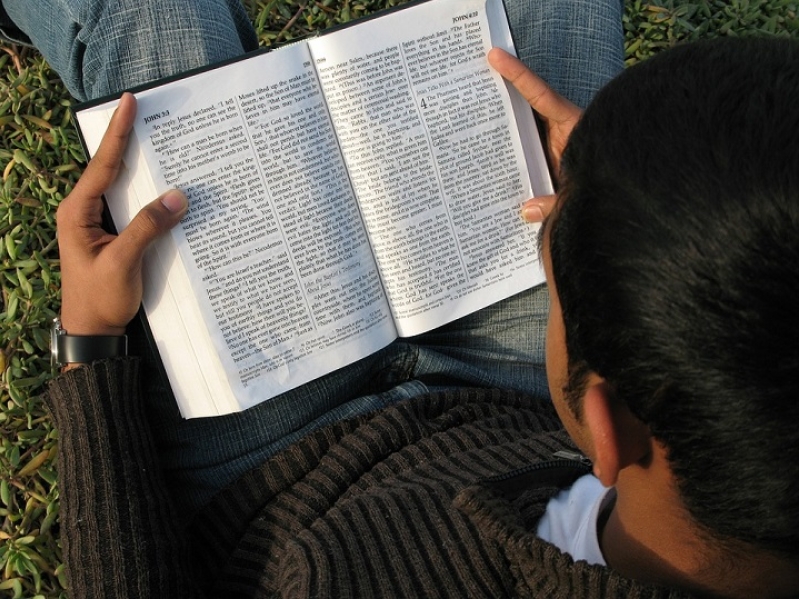
Kentucky governor Matt Bevin signed into law a bill that allows public high schools to provide optional Bible literacy courses.
The new legislation, known as House Bill 128 and sponsored by Rep. DJ Johnson, R-Owensboro, requires the state Board of Education to create regulations to allow public high schools to offer elective social studies courses on the Bible, according to Ohio County Monitor.
Under House Bill 128, the following courses would be offered as elective social studies courses: Hebrew Scriptures, Old Testament, the New Testament or a combination of the Hebrew Scriptures and the New Testament of the Bible. Students who enroll in these elective courses can use various translations of the Bible.
These courses should "provide to students knowledge of biblical content, characters, poetry, and narratives that are prerequisites to understanding contemporary society and culture, including literature, art, music, mores, oratory, and public policy."
Rep. Johnson, who introduced the bill in January, said the Bible's impact on culture makes its study worthwhile.
"Whether you believe that it's the word of God or you think it's complete fiction, you can't deny the impact it's had on our culture," Johnson said, according to USA Today affiliate Courier-Journal.
Even with House Bill 128 in place, school districts are expected to remain neutral in terms of religion.
However, the Kentucky Secular Society, an organization that supports church and state separation and promotes freethinking, believes teaching the Bible academically will work well only in theory.
The organization's president, Jim Potash, expressed doubt that the elective Bible courses would be taught for academic purposes alone and not be used as a platform for preaching religion, especially with Bevin having declared last year that 2017 is "The Year of the Bible."
"I don't think it really would be just teaching about religion," Potash said. "I think I'd have to worry about them actually preaching religion," he said, according to Courier-Journal, adding he preferred teaching the Bible comparatively with other religious texts like the Quran.
The same line of argument was heard during debates at the Kentucky House earlier this year regarding the bill.
Rep. Attica Scott, D-Louisville, said House Bill 128 does not include other religious texts like the Quran, creating a "state of fear in the air." Rep. Jim Wayne, also a Democrat from Louisville, argued schools should remain as a "neutral zone," Courier-Journal said in another report.
Rep. Stan Lee, R-Lexington, said it was not the teaching of the Bible that "didn't get it done," but the removal of God and prayer from schools.
"It's been said on the floor today that teaching the Bible ain't going to get it done," Lee said. "Well, let me tell you what didn't get it done: Kicking God out of school, kicking the Bible out of school, kicking prayer out of school."
"This country-whether some people want to believe it or not-wasn't founded as a Muslim nation, wasn't founded as a Hindu nation, wasn't founded as a Hari Krishna nation. It was founded as a Christian nation," he added.







